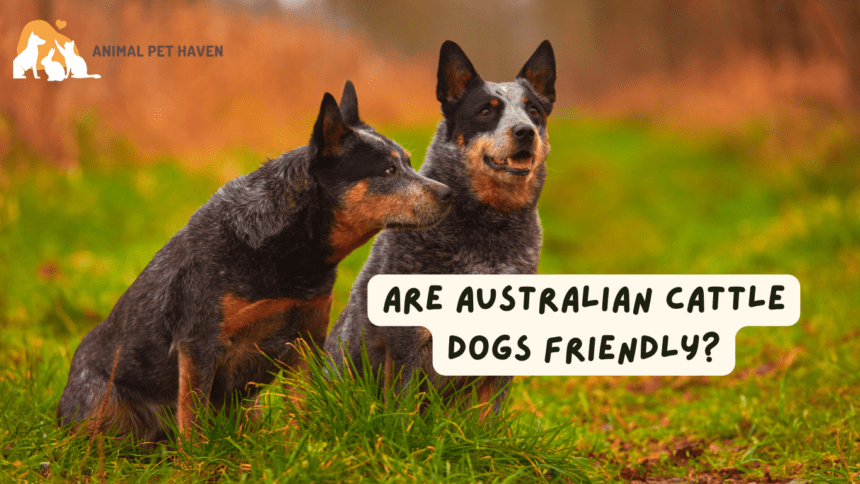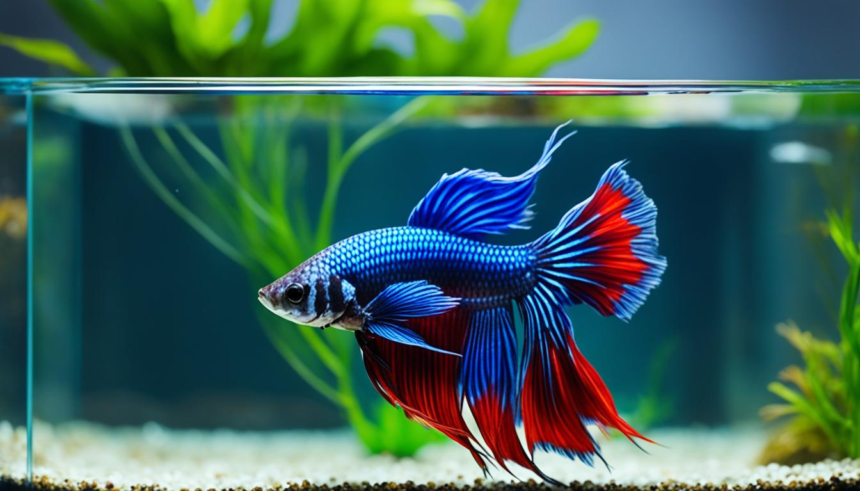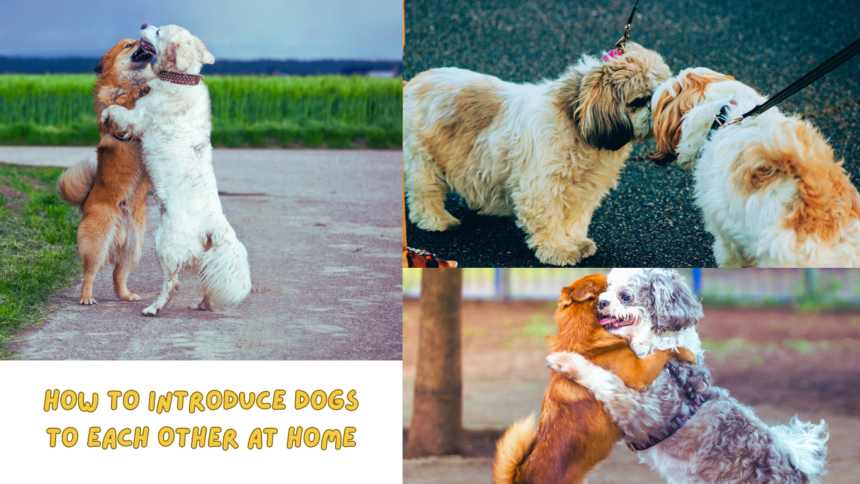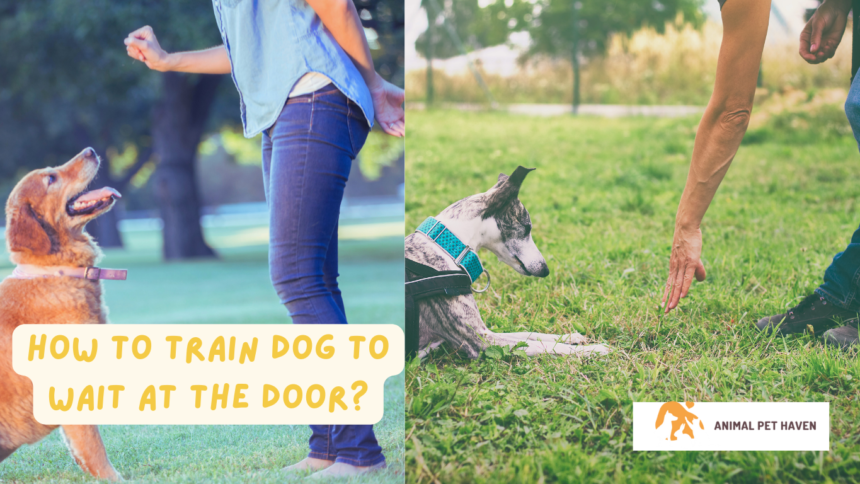There are several schools that people go to to become certified as Dog Trainer. And many dog trainers have never been to dog training school at all. Which should you choose? Which Schools Produce Better Dog Trainers?
Dog training schools are completely unregulated. Some are completely online and you never even have to physically train a single dog to graduate. Others require personal training where you bring your dog, or puppy or even work with rescue dogs so they will be suitable family companions after adoption. In my opinion, a trainer who has been taught by an instructor personally will be a better choice. When you take an online course, you can’t learn subtleties like timing and reading body language.
As for schools, some are next to useless in teaching students practical problem-solving training and even basic obedience training techniques. Others are top-notch and run by people who are top competitors in dog sports, obedience competitions, etc. The list of good and bad would be longer than a CVS endorsement, so you’ll have to ask questions to filter the good from the bad.
Never be afraid to ask tough questions about a coach’s personal experience and the school they attended. What does that individual have or do with dogs? Do they only train strangers’ dogs, or do they compete in AKC obedience, for example? Do they do IPOs, PSAs, herding trials, etc. with their dog? If they are not proactive in training themselves and their own dogs, that is a red flag.
It’s easy to say you’re good or qualified for a task if you’ve never had to prove it in a competition. If you have the option, always choose someone who competes or has competed. I’m not saying go to world champions to train your dog, I’m saying competition makes good dog trainers better.
If a person can handle the pressure of all the eyes on them when they compete, they are more likely to be able to handle the pressure of working with multiple dogs with multiple personalities daily. A person who competes well will have mentors, get advice from other competitors and friends who compete at a higher level. Such experiences cannot be bought or taught in school. It can be something as simple as learning how to hold a leash in a certain way or using equipment in an unfamiliar way, which turns out to be an improvement.
A teachable person is the best dog trainer. Ask the trainers you’re considering hiring “What’s the last thing you learned about training, and how long ago was it?”. Even the top trainers in the world learn new things regularly.
A top trainer may be able to train a dog to do a certain task just fine, but it only takes someone who thinks differently than most to discover a newer, easier, faster, or better way to teach the same task. Teacher trainers adopt this technique themselves and abandon the old technique, even if the old one worked well. Better is better. Learned people know this.
Be sure to ask how the trainer trains and their philosophy on dog training. A lot of schools and a lot of competitors are “old school, tug and click” coaches. They’re hard because A: it works and B: it’s fast. The faster they can train a dog, the more dogs they can train. Although effective, it is stressful. It can shut down a shy dog and make dogs in the middle of the road shy.
They will do as they are told, but they will hate training. Good trainers try to make the dog want to do what they want him to do. This is achieved through the use of praise, food, and playing with toys. Patches should not be used unless necessary.
R+ or only positive trainers do not use corrections at all. This works relatively well for most dogs, especially those that are highly motivated to eat but don’t have a lot of prey. Dogs with high levels of prey drive seem to be the dogs that don’t do as well without corrections. If chasing a squirrel down the street is more interesting to them than a treat, there’s not much you can do to convince them otherwise without using corrections.
One would have to focus more on engaging and teaching the dog to ignore everything but its trainer/handler and that takes a long time and a lot of skill. Even then it won’t be 100% for highly motivated prey dogs.
As with most things, middle-of-the-road trainers seem to have the most success with more dogs. A trainer who will use corrections when deemed necessary, but prefers to do everything positively with food and toys, tends to work with dogs that are shy to working line dogs that are very focused and determined.
Finally, make sure you ask the right questions. Be aware that having a certificate can mean a lot or nothing because the dog training market has no guidelines and no regulations. Try to find trainers who compete or have competed with other dog trainers. And last but not least, try to find a balanced dog trainer. Especially if you have problems that can harm your dog or other people.
Read More…
How to Introduce Dogs to Each Other at Home
How To Clean Dog Poop Off Your Carpet in 2024













